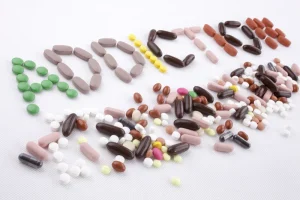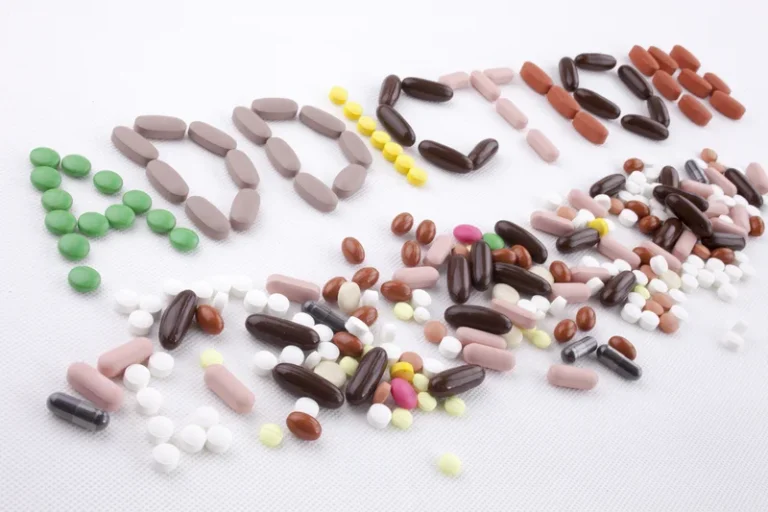
Wine contains compounds like flavonoids can wine dehydrate you and resveratrol, which have been studied for their anti-inflammatory and immune-supporting qualities. These antioxidants can help combat oxidative stress in the body. During a cold, inflammation is part of the immune response, and theoretically, antioxidants might help reduce this inflammation. When you’re thirsty — or after you’ve gone for a run — you probably don’t reach for a beer, and you certainly don’t mix an Old Fashioned.
Other risks of alcohol consumption

Therefore, understanding how beverages like red wine fit into one’s hydration strategy is crucial. Although we can’t fully prevent dehydration that accompanies drinking alcohol, we can take steps to help our body process the alcohol and lessen the effects of dehydration. Let’s review some things we can do before drinking alcohol to prevent severe dehydration.

Additional Resources on Sobriety and Alcohol Facts:
The frontal cortex is the brain’s center for higher-order functions like planning, decision-making, and impulse control. Alcohol disrupts frontal cortex functioning, leading to poor judgment, difficulty weighing options logically, and increased impulsivity. Your liver breaks down alcohol and converts it into a toxin and known carcinogen called acetaldehyde. When you drink large amounts of alcohol or drink more quickly than the liver can metabolize it, alcohol accumulates in your bloodstream, triggering vomiting. Alcohol increases the production of stomach acids and can lead to reflux (stomach acids backing up into the esophagus and the throat).
Binge drinking
This is because alcohol is a diuretic, which is a substance that induces diuresis or additional urine output. Excessive wine consumption is characterized by consuming more than moderate amounts, usually exceeding one to two standard glasses for women or two to three glasses for men per day. The short-term effects of alcohol alcoholism symptoms develop quickly—within minutes after your first drink—impacting mood, coordination, speech, memory, and behavior. For example, a usually shy and quiet person may become increasingly chatty, socially confident, and outgoing when drinking alcohol.
- The effects here include increased facial lines, eye puffiness, loss of facial volume, and broken blood vessels.
- As a rule, it takes one hour for your body to process one alcoholic drink, so making your drink last longer, and therefore drinking less and more slowly will help keep you hydrated.
- To enhance the taste of water and promote hydration, you can add lemon slices or lemon juice.
However, colds are caused by viruses, typically rhinoviruses or coronaviruses, which require the immune system to fight them off naturally. No amount of wine can kill the virus or speed up recovery significantly. Drinking wine might help you relax or feel warmer temporarily, but it can also dehydrate you, which is counterproductive since hydration is crucial during illness. Drinking water while you’re still drunk isn’t going to prevent you from becoming dehydrated, but it may help lessen the degree to which you’re dehydrated. If you don’t feel better from drinking plain water, try adding an electrolyte mix to water or drinking a low-sugar sports drink that contains electrolytes. A diuretic is a substance that causes the body to produce more urine.
How can I stay hydrated while drinking red wine?
Ethanol, the active ingredient in alcoholic beverages, inhibits the release of an antidiuretic hormone called vasopressin (or ADH). This hormone plays a critical role in retaining water in the body. Understanding the relationship between alcohol and hydration is crucial for anyone who enjoys drinking. Alcohol is a well-known diuretic, meaning it promotes the production of urine.
- As a central nervous system depressant, alcohol slows the body’s systems and leads to noticeable changes in cognitive and physical functions.
- Interestingly, studies have shown that people over 50 overcome the suppression of ADH from alcohol more quickly than their younger counterparts.
- So if it’s anywhere above 80, 90 degrees you open the bottle and the alcohol will evaporate off within minutes.
- This could lead to dehydration if you’re not sufficiently compensating with water.
- Rehydrating post-drinking involves more than just consuming water; replenishing lost electrolytes through sports drinks or electrolyte supplements can be beneficial too.
- It contains water and electrolytes, which are crucial for rehydration.
Monitor alcohol intake:
People who drink beer need to use the restroom twice as much as people drinking water or any other non-alcoholic beverage. Due to excessive drinking, it becomes hard for the body to digest food. The process of emptying the stomach becomes slow, and you might find yourself throwing up. The amount of water present in beer is not good enough to keep you hydrated. When you break your limits and consume more than the recommended amount, your body gets intoxicated, and you may experience serious health hazards. When you take in too much beer, your body loses an excessive amount of fluids.

Beer is a diuretic, which means it causes you to urinate more frequently, leading to dehydration. The higher the alcohol content, the more likely it is to dehydrate you. Drinking water is the most effective and economical way to stay hydrated and rehydrate. Water has no added sugars or calories, making it ideal to consume throughout the day or after a workout. To enhance the taste of water and promote hydration, you can add lemon slices or lemon juice. Lemons are a natural source of electrolytes, which are essential for regulating blood pH and muscle function.
Dehydration from Alcohol: How to Bounce Back from a Hangover (Or Prevent One)

Replenishing these electrolytes is important after drinking alcohol or engaging in intense physical activity. Alcohol is a unique substance that affects the body in multiple ways. When consumed, it enters the bloodstream and quickly reaches the brain, where it alters neurotransmitter activity. This can lead to feelings of relaxation and euphoria but also impacts bodily functions like hydration.
